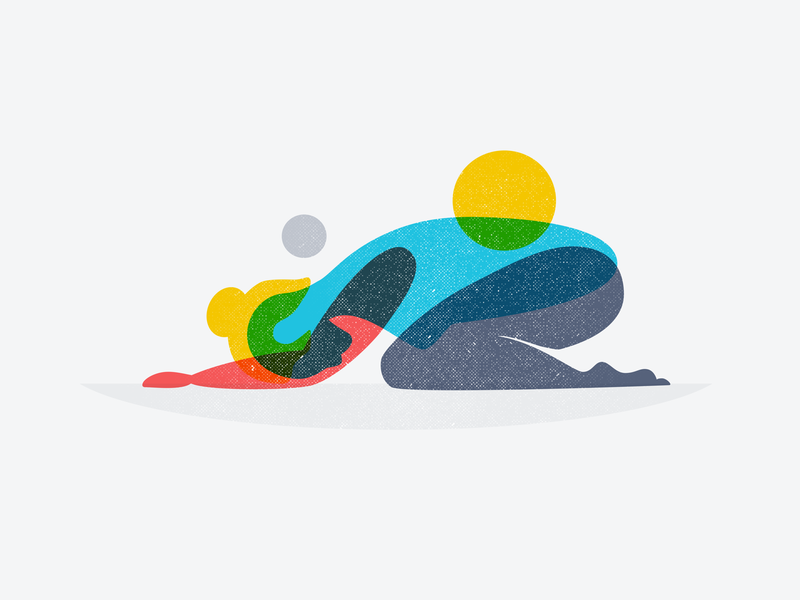
Resultados garantizados / Why do we need to meditate?
All of our daily experiences are defined by the relationship we have with ourselves. For many of us, this relationship is almost invisible: growing up and adapting to life, we are accustomed to viewing ourselves and the world through filters or constructs of the mind that we rarely think about. Living in a state of chronic tension, unable to relax and let go of control, suffering from the grayness of perception and the stinginess of our feelings, having lost touch with our own bodies, we don’t even realize that it is possible to feel differently. The environment rarely offers alternatives. And yet they are there.
At all times, spiritual teachers and philosophers have used various metaphors to describe the ordinary mind. It sleeps, it jumps around like a monkey, it works like an automaton. One of the best explanations of the “disease” of our mind was given by Shakyamuni Buddha: our mind is reactive, constantly chasing what it finds pleasurable and moving away from what it finds unpleasant, condemning us to restless dissatisfaction. Modern neuroscience also indicates that a common state for most of us is “mind-wandering mode”: mental activity centered on “I” and “me” and scrolling through thoughts about the past and future. After riding this roller coaster of neurotic desires and fears, addictions and anxieties, a person often unconsciously decides to disconnect from the fullness of life and no longer get off some narrow, safe track.
Meditative techniques help us to clarify our relationship with our mind, have a beneficial effect on the regulation of attention and emotions, and can even lead us to awaken from the mournful sleep of the ordinary, when we open to unconditioned joy, wisdom, freedom and silence – our true nature. Everyone can incorporate practices into their lives that facilitate this “awakening” of hidden potential, from practicing concentration, alertness, and sensory clarity to contemplative exploration of the more subtle levels of their psycho-body being.
What you can learn in individual meditation classes:
Be able to track the different modes of the mind (wandering, unidirectional attention, open awareness), consciously switch between them, notice and regulate your current state.
Establish contact with your body as a field of a living presence felt from within and be able to listen to its intuitive wisdom, to your deepest desires and aspirations.
You will learn how to recognize the subtler levels of mind, moving from the coarse, “hard” ordinary perception to the vast field of fluid background sensations and to the nondual presence in the present.
Discover how to stay in the timeless silence and spaciousness of awareness and integrate contemplative experience into your real life, gradually freeing yourself from habitual reactivity, clinging to thoughts and experiences.
Get the necessary theoretical framework for understanding contemplative practice, including the basics of the integral meta-approach and current scientific research on meditation.